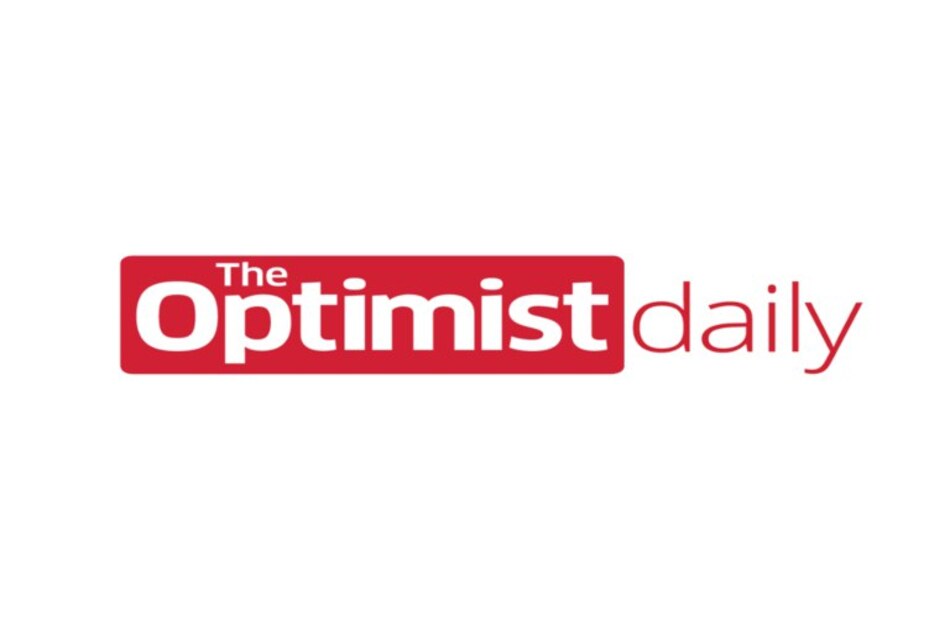Back in 2019, we shared how Stockton, California was launching the country’s first universal basic income (UBI) experiment. Spearheaded by former mayor Michael Tubbs, the program was set to run for 24 months from February 2019 to February 2021. Now that the program is nearly complete, we have preliminary results from the first 12 months of the initiative indicating that the program can already be deemed a success.
The program was orchestrated by the Stockton Economic Empowerment Demonstration (SEED) and funded by private donors. 125 participants were randomly selected from the city’s residents with a yearly median income at or below $46,000. SEED also randomly selected 200 demographically similar subjects to run a simultaneous control group. Each of the 125 participants received a no-strings-attached $500 stipend each month.
Early data from the experiment shows that full-time employment levels in the UBI group grew faster than in the control group. Full-time employment among the 125 participants rose from 28 percent to 40 percent in the first 12 months compared to a 32 to 37 percent increase in the control group. One of the participants reports that the extra income allowed him the liberty to take an unpaid internship which then translated to a stable full-time position. Another said the money allowed him to reduce his work hours and dedicate the extra time to earning his real estate license.
Early reports also indicate significantly improved mental health and wellbeing among participants. We recently shared an article about how raising the minimum wage improves mental health because financial security is a primary factor in reducing stress and anxiety. Many of the participants reported using the stipend to pay off credit card debt or relocate to a more stable housing situation.
We are eager to share the full report from the two-year experiment when it becomes available, but these early indicators lead to the same conclusion many other international UBI experiments have come to: financial boosts for societies most vulnerable have a substantial impact on raising their quality of life and contributes to conditions of long-term financial stability.
This story is part of our ‘Best of 2021’ series highlighting our top solutions from the year. Today we’re featuring policymaking solutions.












